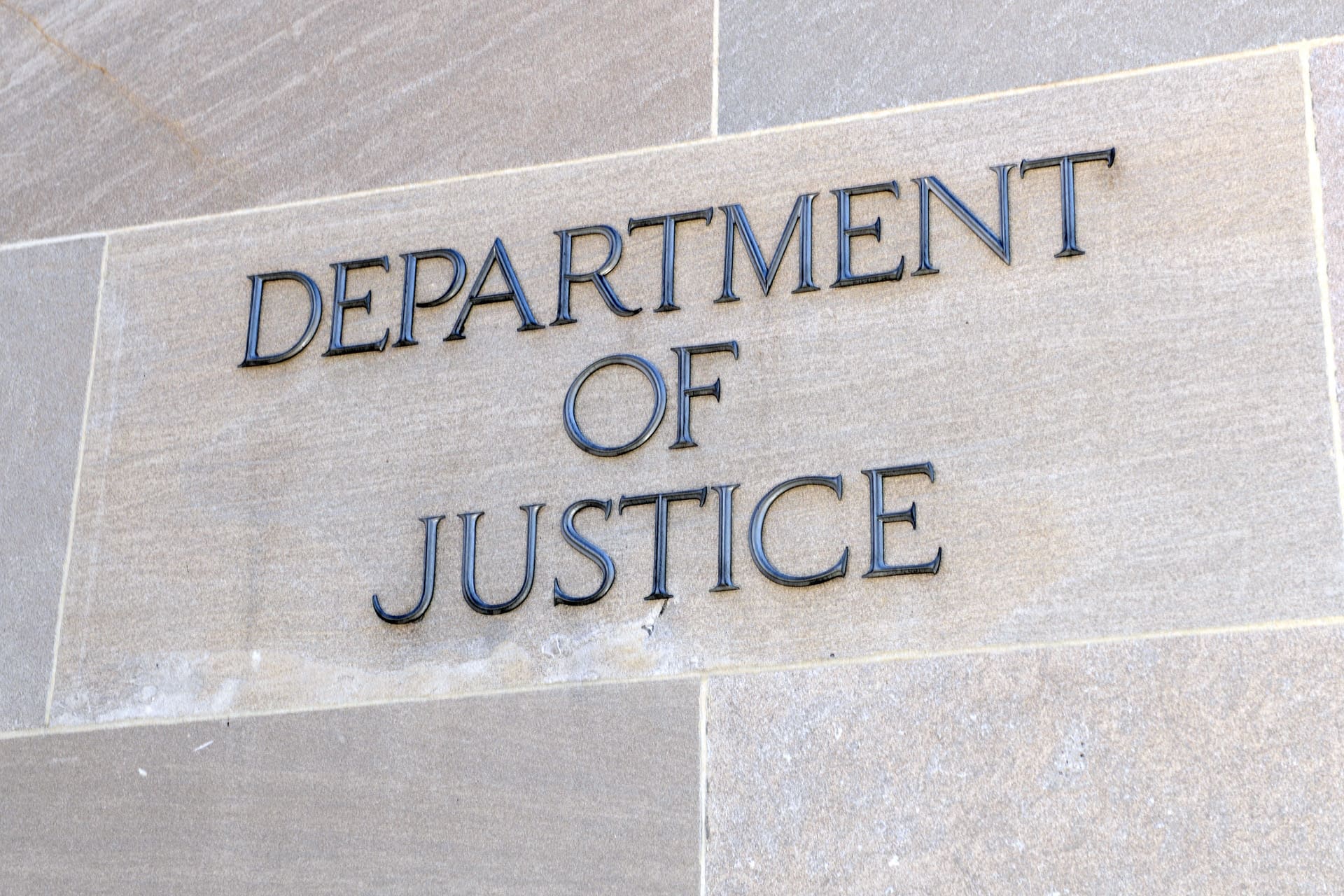Highlights
A group of universities have formed a program known as the Joint University Technology Licensing Program to provide licensing packages of separately owned intellectual property
The UTLP submitted a proposal to the Justice Department demonstrating its purpose and safeguards against unfair competition practices
The department found that the UTLP is not likely to harm competition
On Jan. 13, the U.S. Department of Justice’s Antitrust Division issued a statement in response to the Joint University Technology Licensing Program (UTLP)’s proposal about safeguarding against unfair competition. The Justice Department noted that the UTLP, whose mission is to pool its collective intellectual property surrounding physical sciences and provide the IP as packages to possible licensees, is “unlikely to harm competition.”
Currently, the UTLP is a joint patent licensing venture comprising 15 different universities. Typically, a company interested in providing a service or making a product may need to seek out several licenses from multiple universities all operating under different state and internal policies. The advantage to the proposed system is that interested licensees will be able to negotiate with a single entity, as opposed to through the entire consortium.
In its deliberations, the Justice Department said it considered universities’ importance as key drivers of innovation, and the assumption that scattered components of a complete product bundle would dissuade companies from commercializing these new technologies. Additionally, some of the department’s concerns connected to antitrust were assuaged by the UTLP’s proposed safeguard procedures. For instance, the UTLP plans to only include non-substitutable patents in the packages. The program also proposes to allow potential sub-licensees to choose from various tiers of licensing in order to mitigate a licensee having to license more technology than needed.
The department notes that its business review letter applies specifically to UTLP and not to other organizations. If another group of universities desires to develop a separate licensing co-op, the department has invited such organizations to submit a proposed action to the Antitrust Division for review. With any such actions, the department may issue a statement as to whether the Antitrust Division intends to challenge the action under the antitrust laws based on the information provided.
To obtain more information, please contact the Barnes & Thornburg attorney with whom you work, or Jessamine Pilcher at 317-231-6419 or jessamine.pilcher@btlaw.com, or Eric Williams at 317-231-6410 or eric.williams@btlaw.com.
© 2021 Barnes & Thornburg LLP. All Rights Reserved. This page, and all information on it, is proprietary and the property of Barnes & Thornburg LLP. It may not be reproduced, in any form, without the express written consent of Barnes & Thornburg LLP.
This Barnes & Thornburg LLP publication should not be construed as legal advice or legal opinion on any specific facts or circumstances. The contents are intended for general informational purposes only, and you are urged to consult your own lawyer on any specific legal questions you may have concerning your situation.











/Passle/6488d4630e7e25c9ac9f834a/SearchServiceImages/2024-11-14-13-11-27-495-6735f6fff42d6cc59c8ec5c1.jpg)
/Passle/6488d4630e7e25c9ac9f834a/SearchServiceImages/2024-11-11-22-02-38-042-67327efe31216b909e6ea644.jpg)
